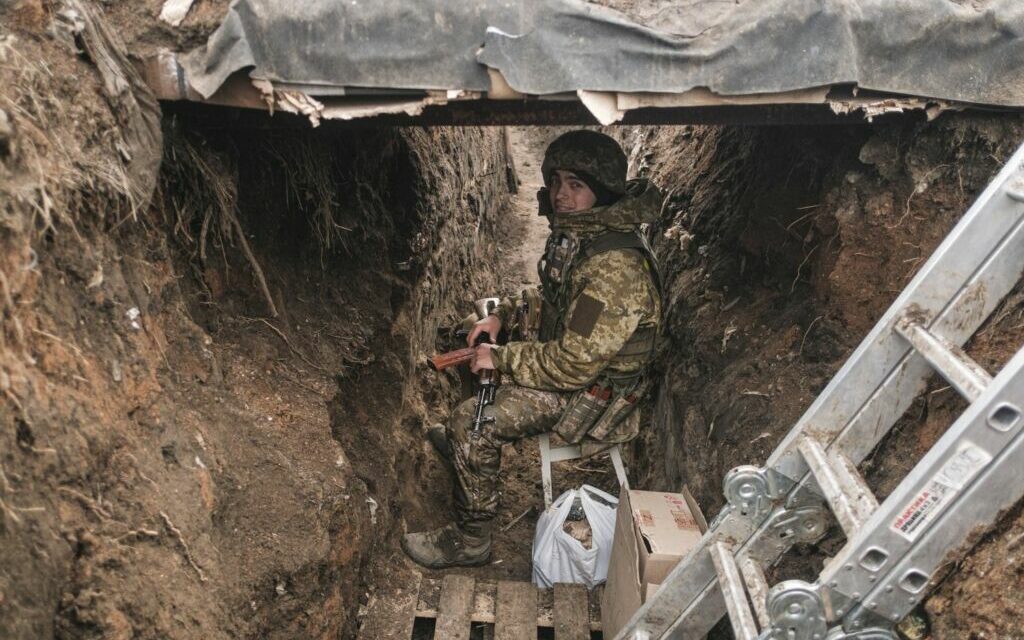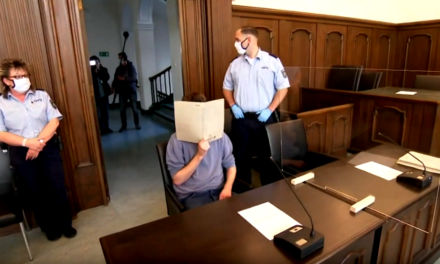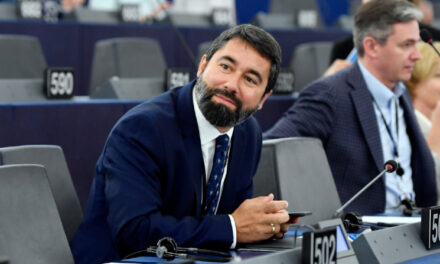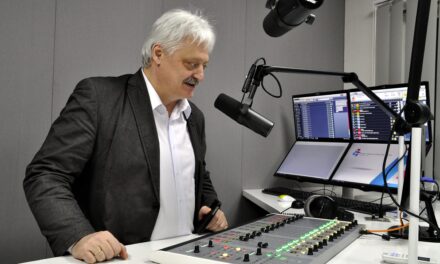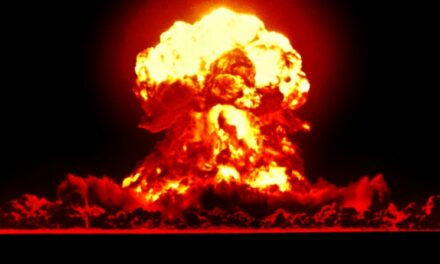The picture is horrifying - so strengthening the choice between war and peace in the public mind is hardly a foolish proposition. Written by Dániel Kacsoh.
We are marching to Brussels, we want a sovereignist turn - Viktor Orbán issued the otherwise well-known slogan in his speech on March 15. It's the start of a campaign, and speakers especially weave current problems and messages into their speeches, whether pro-government or opposition. While those belonging to the latter category identify the civil forces that came to government with the democratic vote of three million citizens, and the prime minister, as the target of the potential freedom struggle, Orbán is the EU leader acting along increasingly centralizing aspirations.
Of course, the center of the EU is something complicated, with numerous bodies and institutions, in a way that the court in Vienna or the communist headquarters in Moscow were at the time.
Far be it from us to equate these two latter regimes with the center in Brussels, which operates in small part on the basis of votes, but the imperial character is increasingly beginning to take shape.
However, anyone who tries to create sympathy among the Hungarians by acting against such external demands and pressures, and who also orders decades of political activity, is hardly a bad horse.
In contrast to the opposition parties, which would largely prefer to comply with Western requests and instructions in addition to inciting internal discontent. This was never a popular idea in the historically burdened region of the Carpathian Basin, due to our sufficient amount of bad experience.
The latest international, or more precisely Western, trend in connection with the Russian-Ukrainian war is starting to turn into a kind of psychosis right before our noses.
The facts in brief: in February 2022, Putin's army attacked another country in an inhumane and unlawful manner, where CIA and NATO operatives were slowly settling in, leaving no doubt that Ukraine's neutral status was questionable. This is a complicated situation, it is not known whether it was a defense or preparation for an attack after the future events, in any case, the ruler of the Kremlin apparently did not tolerate the development of things and took a brutal step.
It did not turn into a blitzkrieg, and although it turned out that the Ukrainian army was more powerful than we could have imagined, the two sides were not able to crush the other.
Support, money and weapons began pouring into Ukraine in an uncountable manner, their soldiers are showing exemplary determination, but now the Russian steamroller, which stalled at the beginning, is beginning to prevail.
Even the most optimistic Western analysts do not expect a turnaround within years, American support has stalled, European arms and ammunition stocks are starting to run out, and the end of the war is increasingly lost in the distant future.
If someone doesn't pay attention to the Western media and mainstream politicians for a couple of weeks, especially the American ambassador David Pressman, following the developments on the battlefield, he can come to the conclusion: it would be worthwhile to end the conflict as soon as possible, to start putting pressure on the parties, to inflame the diplomatic channels so that let the armistice negotiations begin. Otherwise, there will only be more and more blood.
Incidentally, this is also the position of the Hungarian government, which is in a minority in Europe.
However, when one starts reading Politico and similar newspapers, even runs into some of Róbert Puzsér's heated explanations, a completely different picture emerges.
According to this, the countries belonging to the West (for some reason Ukraine is already included here) have a moral obligation to support the continuation of the fighting, even to give anything to Kiev at the expense of Europe, until Russia is concretely defeated by the attacked party.
Although this seems impossible, given that the aggressor seems to be getting stronger and stronger, and he also has allies and supporters, there is no other option.
Moreover, the latest statements are more and more terrifying: the German chancellor, who is involved in the wiretapping scandal, is under enormous external and internal pressure to send Taurus missiles to Ukraine, the Polish prime minister is talking more and more about the third world war, and the French president, in line with this, does not rule out sending soldiers to the into conflict. Although the Italians would apply the handbrake, the Finns, for example, are far from dismissive of the proposal, and the United States has stated that American forces will not go there, but it is everyone's "sovereign decision" if they would allocate soldiers to the middle of the fighting.
We can only hope that, for the time being, this is more of a rhetorical contest, perhaps a message to Moscow, just like the rather abrupt proposal of Ukrainian EU membership.
Because if anyone here is serious about this, it's really going to be Armageddon.
The rest of Ukraine will eventually become a pile of rubble, but Europe can also get involved in the story, while the USA, thank you very much, has weathered it quite well so far. However, Washington, not the EU, started building CIA bases in a neutral country.
The picture is horrifying, so it is hardly a foolish suggestion to reinforce the choice between war and peace in the public mind. However, if we simplify the dilemma so far, there can only be one morally correct reaction! And not what the heads of Europe are shouting now. Time for sanity!
Cover image: It would be worthwhile to end the Russian-Ukrainian conflict as soon as possible
Source: MTI/EPA/George Ivanchenko

